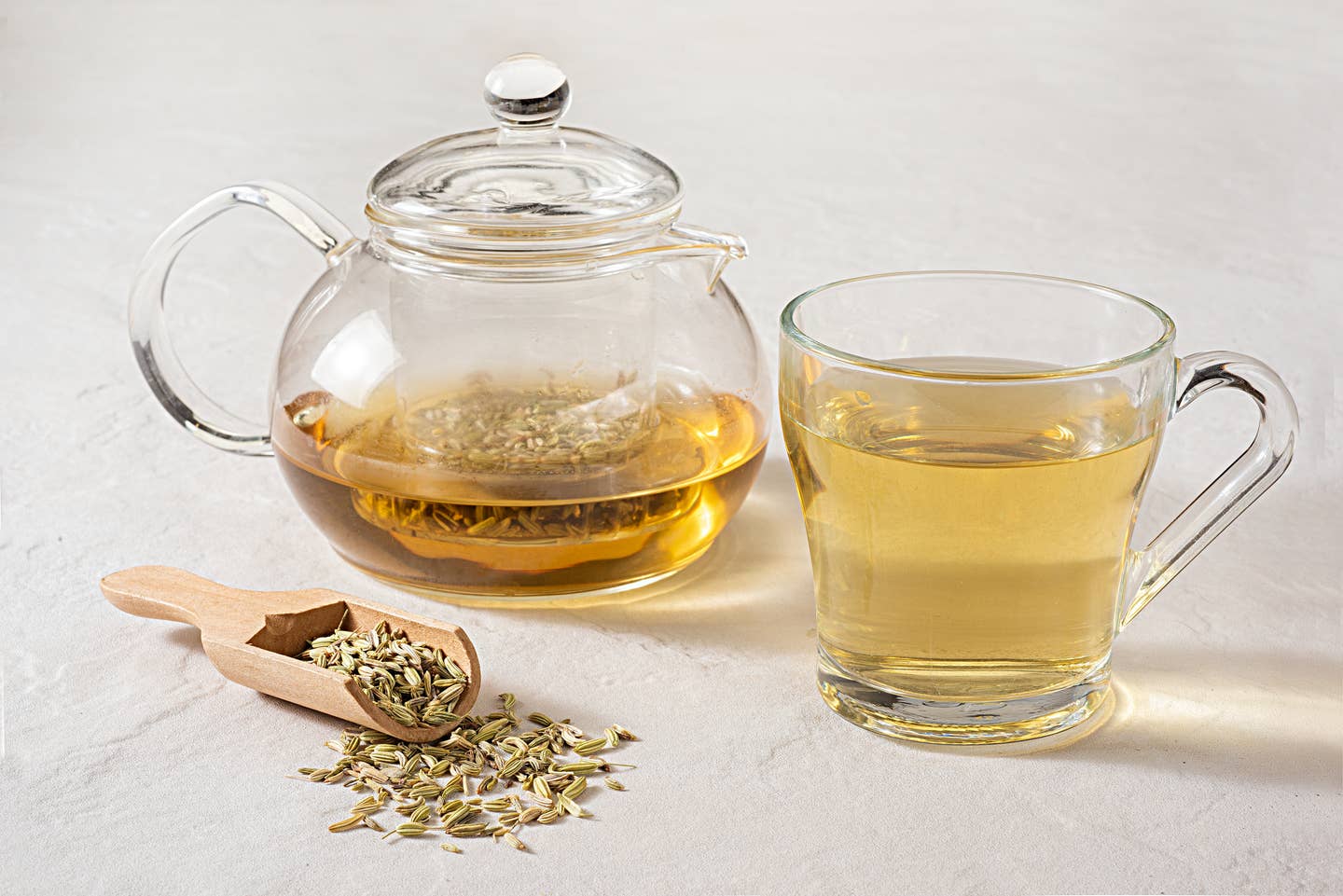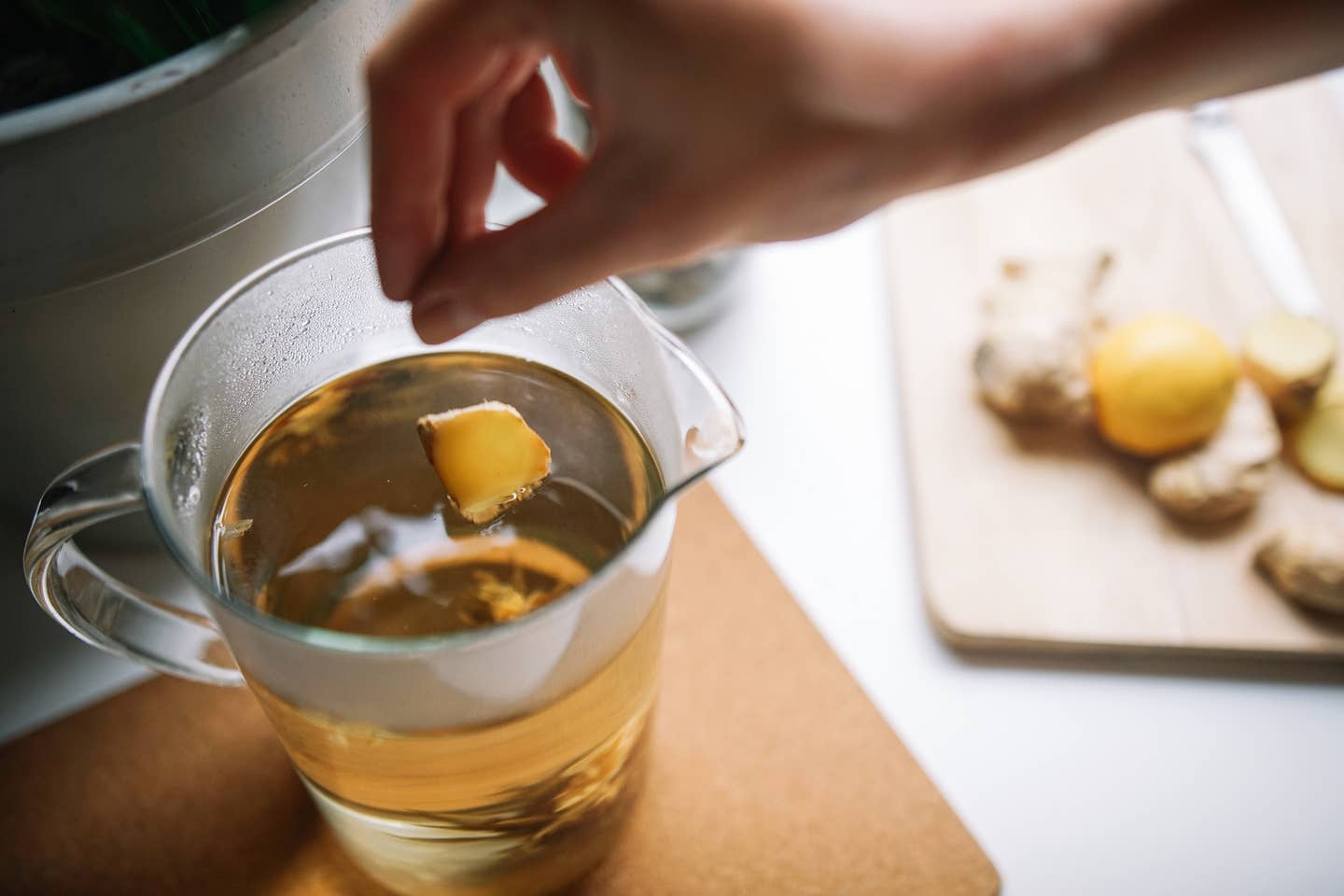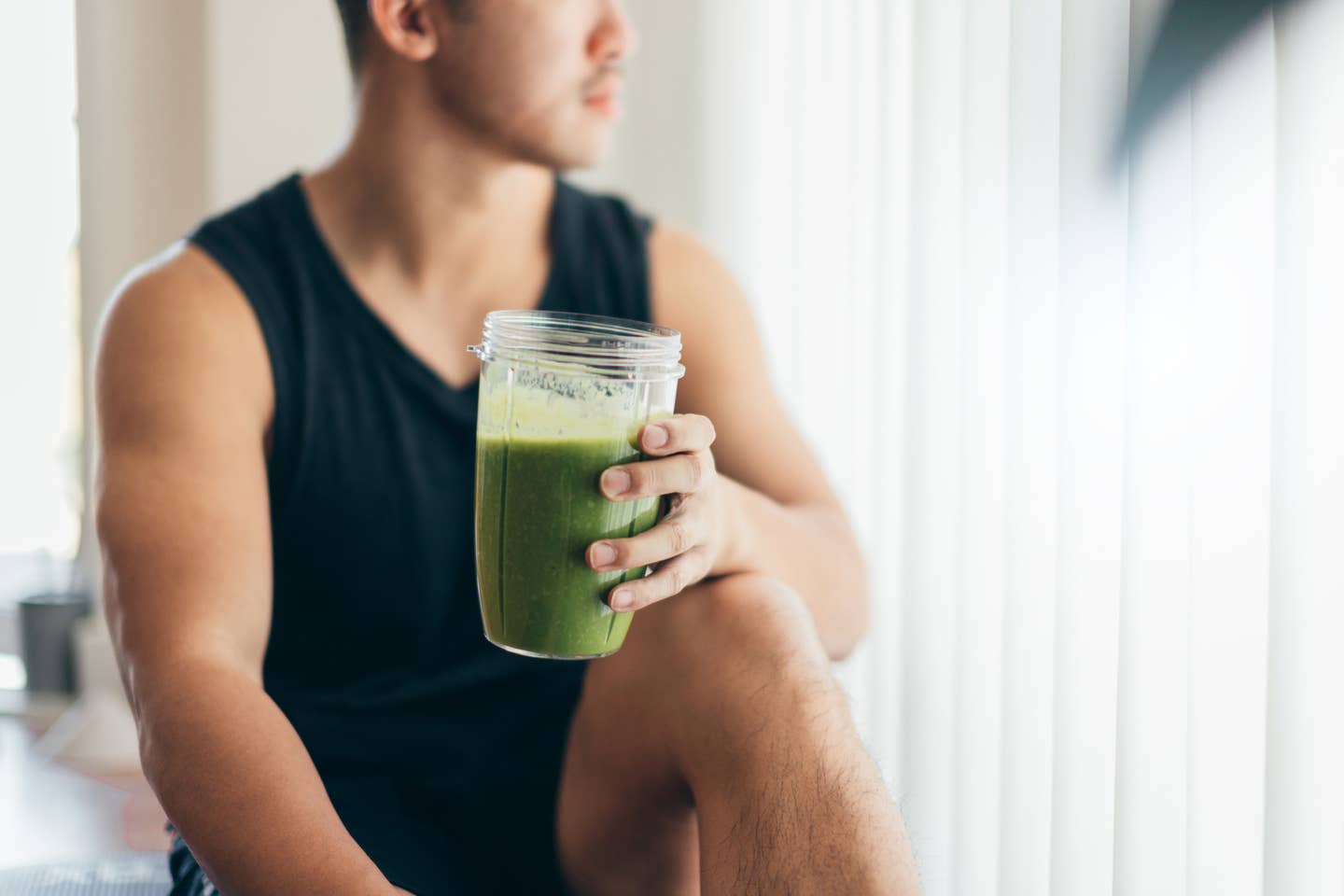
These 6 Herbs Can Help Strengthen Your Immunity Naturally
What can we do to strengthen our immunity naturally? Of course, we know to wash our hands, get enough sleep, and eat a mostly plant-based diet high in vegetables, fruit, legumes, nuts, and seeds that all give our immune system the antioxidants and building blocks it needs to fight off infection and viruses. But what else? Research supports using herbs as natural immune boosters to strengthen our defenses.
There are herbs that are well-known to help boost immunity and if you sip them in a tea, take them with your morning green smoothie, or add them to your everyday diet as an herbal supplement you may just be doing your body good by giving your immune system the armaments it needs to rev up and fight any potential invaders that bombard your body in the form of bacteria or viruses.
Which Herbs Are Good for Immunity?
While there are thousands of different herbs to choose from, with a wide range of benefits as well as potential toxicity and side effects, the question isn't whether or not to use herbs, but how to choose the best herbs to boost immunity.
Herbal remedies and immune boosters have been used for thousands of years and now scientists have shown in studies that herbs actually work when it comes to helping the body fight off infection and more. Here is the latest research on the power of these herbs to boost immunity.
Depending on the climate where you live and your tolerance for growing plants on your kitchen counter, you may even want to try growing your own herbs. When buying herbs, keep in mind that powders are more potent than tinctures and organic is more potent by up to 30 percent than those that are not certified organic.
Of course, before adding a new herb to your regimen, be sure to consult your doctor or healthcare provider.
Herbs That Boost Immunity
1. Echinacea
Echinacea is the prime herb associated with immunity since studies reveal that it has the capability to shorten the duration of the common cold and reduce symptoms such as sore throat, cough, and fever. In one review study on the efficacy of echinacea for COVID-19, the authors wrote:
"Current evidence suggests that Echinacea supplementation may decrease the duration and severity of acute respiratory tract infections; however, no studies using Echinacea in the prevention or treatment of conditions similar to COVID-19 have been identified." The study added that: "Because Echinacea can increase immune function, there is a concern that it could worsen over-activation of the immune system in cytokine storm; however, clinical trials show that Echinacea decreases levels of immune molecules involved in the cytokine storm.
You can find echinacea in organic powder. Take half a teaspoon in warm water or in tea.
2. Rhodiola Rosea (Golden Root)
In ancient China, the emperors dispatched explorers to Siberia in search of “the golden root,” or Rhodiola Rosea, which the Chinese people used to treat flu and cold. Historically, farmers hid their Rhodiola crops, because it was so valuable for boosting health and libido.
Modern medical literature confirms that Rhodiola “exerts excellent immune-regulating effects and attenuates inflammatory damage," according to a review study in Science Direct. The root appears to fight off "various diseases through regulating immune cell differentiation, activation of inflammatory signaling pathways and secretion of inflammatory factors.”
As a general rule when buying your herbs, powders are more potent than tinctures, and search for organic since those crops are 30 percent more potent than not organic certified crops. Take half a teaspoon of Rhodiola Rosea or Golden Root once or twice a day in hot water or tea for immunity. It has a sweet and slightly bitter taste You can find organic Roseola on amazon.
3. Elderberry Syrup
Elderberry has a long history across the world of being used to help fight off colds, influenza, and respiratory tract infections. Since COVID took hold, researchers have been looking at whether Elderberry could help alleviate the worst symptoms of COVID-19, and evidence shows it could help someone get over their symptoms faster. Elderberry “may not reduce the risk of developing the common cold; it may reduce the duration and severity of colds.”
The researchers concluded: "Elderberry may be a safe option for treating viral respiratory illness, and there is no evidence that it overstimulates the immune system." If you get an infection and take elderberry syrup, research indicates it won't have negative side effects.
4. Angelica Sinensis (Female Ginseng)
Called dong quai in Chinese herbal medicine, this herb from the carrot family has traditionally been used to help women lessen symptoms of premenstrual cramps, and symptoms related to perimenopause and menopause.
Angelica Sinensis has been shown in studies to help bolster the immune system, by activating macrophages and natural killer cells. One of the most astounding studies about Angelica Sinensis is that it appears to help your spleen create more infection-fighting cells.
The spleen fights invading germs in the blood and contains white blood cells that fight infection while removing old or damaged red blood cells that are no longer needed. In the study, researchers found that subjects given Angelica Sinensis saw a "proliferation of total spleen cells, macrophages, and T cells were promoted by the action of AP." It’s most potent in its powder form.
5. Panax ginseng (Korean Red Ginseng)
Scientists are now studying the power of Korean Red Ginseng as a natural immune booster that could possibly help against almost any type of infection or virus. One study found that Red Ginseng appears to help “maintain homeostasis of the immune system and to enhance resistance to illness or microbial attacks through the regulation of the immune system.”
The findings showed that Red Ginseng appears to work on different immune cells in different ways, making it a versatile immune booster that can help in each process involved in fighting off infection and disease. The authors "discuss how ginseng regulates each type of immune cell including macrophages, natural killer cells, dendritic cells, T cells, and B cells. We also describe how ginseng exhibits beneficial effects on controlling inflammatory diseases and microbial infections."
The authors concluded after they looked at the alterations by ginseng at the molecular level. the herb appears to boost both cytokine secretion and antibody production, among other immune functions.
You can find red ginseng powder at Mountain Rose Herbs.
6. Tulsī (Holy Basil)
Holy Basil has been used for hundreds of years in ancient medical practices to treat infections as varied as dengue fever and hepatitis. Now it is being studied as a possible treatment to help lower symptoms of COVID-19. In one review of herbal remedies, the researchers wrote that we should consider using ancient herbal medicine to treat the modern threat of COVID.
"There is a wide scope of herbal medicines that have been used since traditional times. They have been considered as potential clinical agents against a wide array of viral diseases due to their anti-viral properties," they wrote. "These natural products of Ayurveda are being tested for treating COVID-19."
Tulsi is thought to be effective in fighting dengue, hepatitis, and encephalitis, then it should also be able to battle the novel coronavirus by reinstating "the physiological functions of the body through its phenolic and antioxidative property that in turn shields the body from toxic substances.”
This flavorful herb also boosts metabolism, enhances oral help, and helps manage stress. Tulsi leaves work well when made into a simple tea. Buy yours at Organic India.
Bottom Line: These Herbs Can Help Boost Immunity.
In the case of herbs, the best practice is to take a day off between your dosages, to allow your body to react and not overdo the dosages. Follow the manufacturer’s label for recommended amounts and always ask your healthcare provider for guidance before starting any new supplement to your routine.
For more natural ways to strengthen immunity, here are 13 Foods to Boost Your Immunity.
More From The Beet






